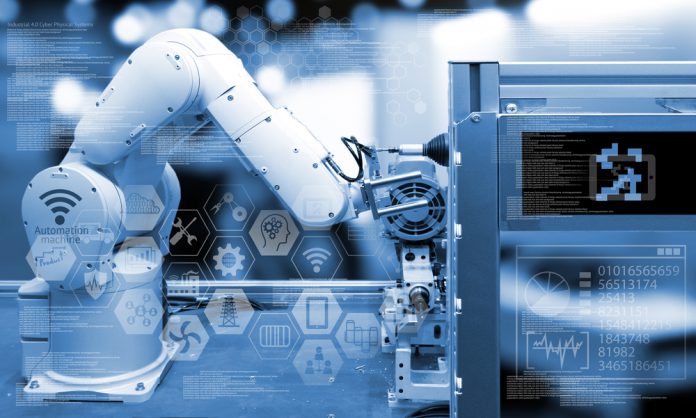According to a new report from accountancy firm PwC, over 10 million workers in the UK are at high risk of being replaced by robots within the next 15 years as we enter a new machine age.
The report worryingly suggested that 30 percent of jobs in Britain were potentially under threat from artificial intelligence (iA).
Despite this fact, the PwC believes that the increased reliance on iA could boost productivity and generate additional jobs elsewhere in the economy long term.
Some sectors are more at risk than others. 2.25 million jobs were at high risk in wholesale and retailing, whilst this was much less in education and social and health care due to the high proportion of tasks seen as hard to automate.
“There’s no doubt that AI and robotics will rebalance what jobs look like in the future, and that some are more susceptible than others.” said Jon Andrews, the head of technology and investments at PwC.
“What’s important is making sure that the potential gains from automation are shared more widely across society and no one gets left behind. Responsible employers need to ensure they encourage flexibility and adaptability in their people so we are all ready for the change.
“In the future, knowledge will be a commodity so we need to shift our thinking on how we skill and upskill future generations. Creative and critical thinking will be highly valued, as will emotional intelligence.”
John Hawksworth, PwC’s chief economist, said: “A key driver of our industry-level estimates is the fact that manual and routine tasks are more susceptible to automation, while social skills are relatively less automatable. That said, no industry is entirely immune from future advances in robotics and AI.
“Automating more manual and repetitive tasks will eliminate some existing jobs but could also enable some workers to focus on higher value, more rewarding and creative work, removing the monotony from our day jobs.”
“By boosting productivity – a key UK weakness over the past decade – and so generating wealth, advances in robotics and AI should also create additional jobs in less automatable parts of the economy as this extra wealth is spent or invested.”
Some of these changes have already been seen in many sectors.
Last month, O2 announced their plans to introduce AI technology capable of performing the same job as the customer service staff.

